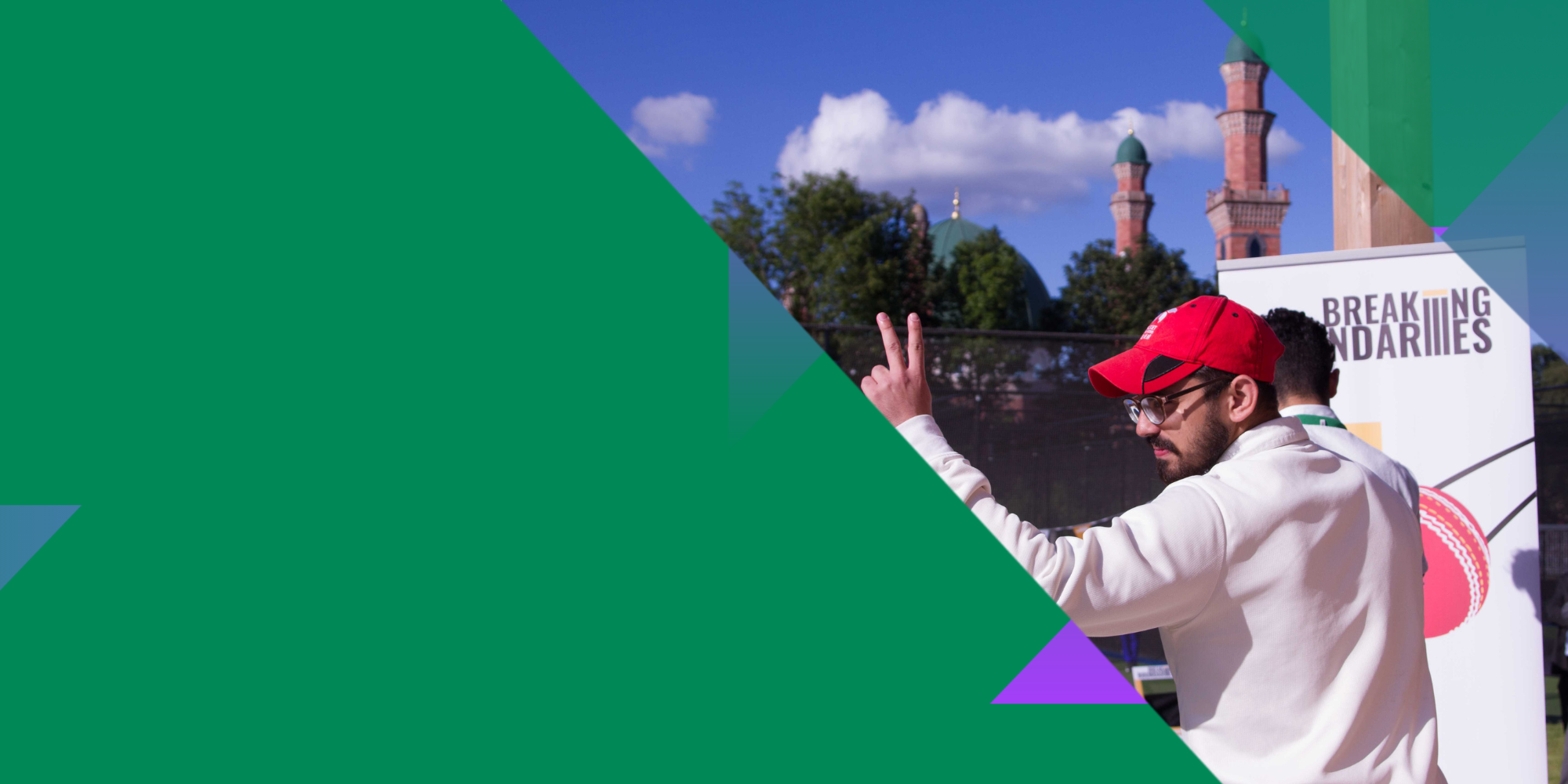Project summary
Breaking Boundaries, delivered by the Youth Sport Trust with Sporting Equals, used a shared love of cricket to bring people together and build stronger connections between those from different backgrounds. Running from 2018 to 2022, it worked in five wards within Barking & Dagenham, Birmingham, Bradford, Manchester and Slough. Funded with £1.8 million from Spirit of 2012 following an open competition for the lead delivery organisation, the project aimed to bring young people, families, and communities together through cricket-themed activities and events, putting young people in the lead of building greater cohesion in their area.
The inception was designed to build on the excitement of the 2017 and 2019 Cricket World Cups and the power of cricket to unite people from different ethnic and faith backgrounds, promoting respect and friendships. The Youth Sport Trust and Sporting Equals trained 379 young people as Champions, providing them with support and small grants to put on activities that brought together different groups within their community. Champions volunteered over 3,500 hours, 884 people took part in regular activities, and over 200 organisations got involved as partners across five cities. Following the pandemic and challenges in running cricket themed activities remotely, in 2022, it expanded to include other sports. It also shifted emphasis from focussing on bridging divides directly with young people to linking trusted organisations working locally with different groups that could provide that safe environment to explore cohesion themes.
For Spirit, it was an important opportunity to test some of critical ingredients in our Theory of Change around using events to promote social cohesion and greater understanding. Overseen by a steering group including Professor Ted Cantle from ICOCO, the project also provided useful evidence to feed into a broader understanding of delivering social cohesion through sport and directly fed into to the development of Belong’s Power of Sport Toolkit. Built into the evaluation methodology, led by Wavehill, was a detailed understanding of the demographic make-up and cohesion challenges in the specifically targeted wards. However, this needed to be balanced with an asset based, positive, approach to engaging communities so that the project wasn’t starting from a negative view of the communities.
The programme was designed to encouraged people from different ethnic and cultural backgrounds to meet, play, and learn from one another with the aim of building deeper bridging connections. By organising activities like cricket matches, dance events and wellbeing walks, Breaking Boundaries helped break down barriers between different groups that lived in the same communities with the help of local leaders and community organisations, and focussing on safe spaces where local people could connect, share ideas and in some instances, even solve local problems together

